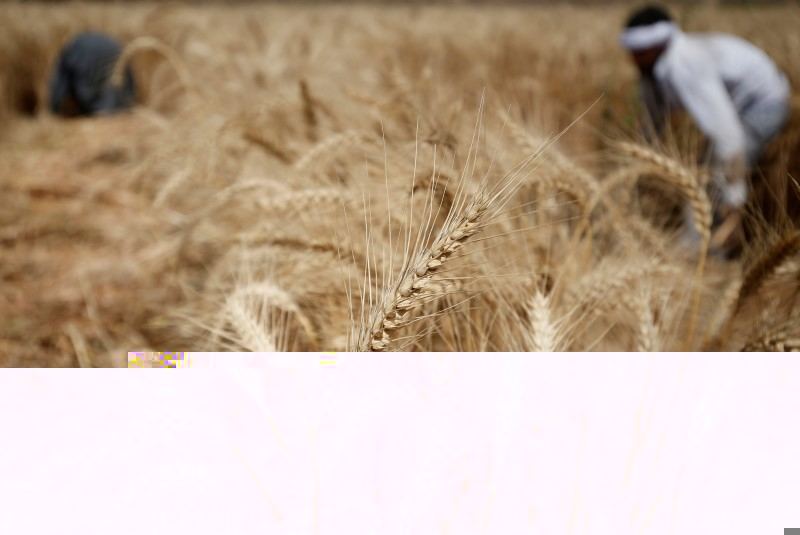CAIRO (Reuters) - A parliamentary fact-finding commission's report on corruption in the country's wheat industry was referred to the prosecutor general and an anti-corruption watchdog agency by the speaker of the Egyptian House of Representatives on Monday.
The report, which was also presented to members of Parliament on Monday and reviewed by Reuters in advance, found that the government played a key role in "wasting public funds" in its costly food subsidy program.
From silo contracts to budgetary analysis to testimony from industry officials, the more than 500 pages of fact-finding on wheat corruption pointed to government involvement in mismanaging, and at times facilitating graft in, subsidies intended to encourage agriculture and feed tens of millions.
The speaker of the House, Ali Abdelaal, said he referred the report to the prosecutor and the Illicit Gains Authority, among other state bodies, for them to take any necessary action.
Egypt, the world's largest importer of wheat, has been mired in controversy in recent months over whether much of the roughly 5 million tonnes of grain the government said it procured in this harvest exists only on paper, the result of local suppliers falsifying receipts to boost government payments.
The parliamentary committee found former Supplies Minister Khaled Hanafi, who resigned on Thursday amid growing criticism of his management of the subsidies, politically responsible. His exit was the biggest fallout from the wheat scandal to date.

A Reuters special report earlier this year detailed how the government's wheat supply chain was riddled with corruption - from fraudulent wheat purchases by local suppliers to hacked smart cards that allowed bakers to steal flour - that has cost the country hundreds of millions of dollars per year.